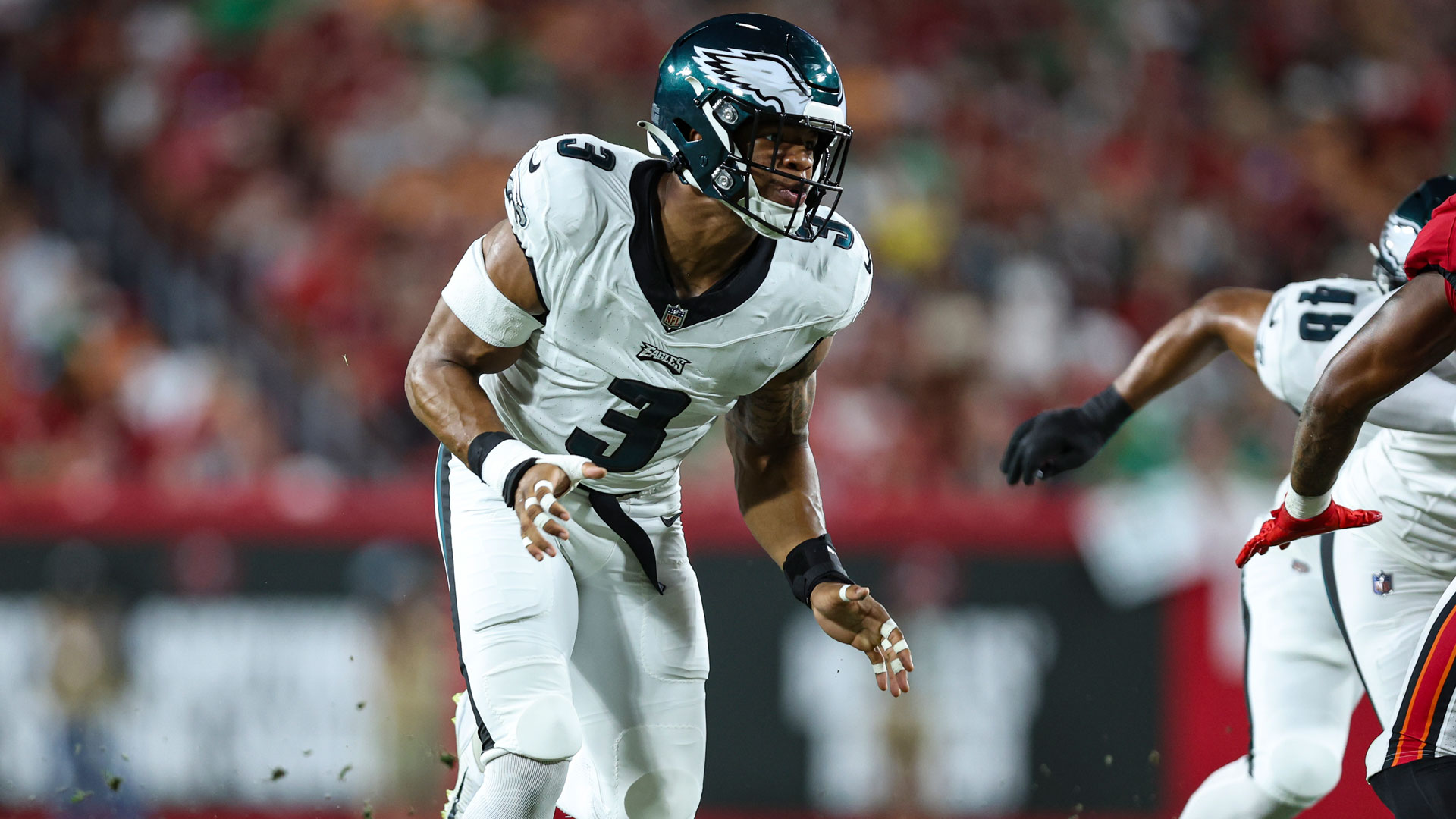The NFL didn't have a catch rule controversy with the Eagles at the Super Bowl. It had an instant replay controversy, and much like the catch rule, the NFL's own broadcasters clearly don't understand how replay reviews are supposed to work.
That's partly the NFL's own fault. The league abused instant replay, relying too heavily on an otherwise acceptable means for getting calls right on the field. To be frank, the system is broken because NFL officiating hasn't followed its own rules with regard to replay.
In order to change the call on the field, there is supposed to be clear and indisputable visual evidence the wrong call was made in the first place.
There wasn't clear or indisputable visual evidence to overturn either Corey Clement's or Zach Ertz's touchdowns. That much was obvious because Al Michaels and Cris Collinsworth couldn't even come to a conclusion among themselves.
I don't believe for one second that Michaels and Collinsworth were actively rooting against the Eagles or for the Patriots during NBC's broadcast of the Super Bowl. I just think the announcers were confused about how replay is supposed to work as they railed on about the likelihood the Eagles' last two touchdowns would be overturned.
Take Clement's grab at the back of the end zone, for example. There was definitely a bobble. It was replay-worthy. But in the midst of Michaels' and Collinsworth's being shocked the play would stand, they stumbled over the reason why.
Philadelphia Eagles
Complete coverage of the Philadelphia Eagles and their NFL rivals from NBC Sports Philadelphia.
Cris: I'm stunned.
Al: Yeah, we looked at that, and it looks like it could go either way.
That's exactly right. It could have gone either way. One person can look at a video of Clement's catch and argue possession began when it was first in his hands. Another might argue possession began only when he got full control of the football, which did not occur until he was out of bounds. Quite honestly, it's impossible to quantify.
Which means, by rule, the call stands. This is simple stuff. No need for Michaels, Collinsworth, the NFL, Twitter or anybody else to overcomplicate it. Just stick with what the officials watch happen live on the field.
Al: We've seen that called incomplete, I would say the majority of time.
If that's the case - and I'm not saying it isn't - then this entire catch rule mess is on the NFL. The rule is fine. The problem is there's too much legislation coming from super slow-motion footage that can tell two different versions of the same story depending on when you hit pause. Stop doing this.
People are so hung up on the catch rule that they're not even watching the game anymore. At least Michaels and Collinsworth weren't on Ertz's game-winning score.
The broadcast spent the initial moments after Ertz dove across the goal-line deliberating over whether he completed the catch while going to the ground. After all, the ball did pop free briefly when it hit the ground, which, again, certainly warrants another look.
Except the whole time they're having this debate, they're ignoring the fact that Ertz took three full steps with the football before lunging for the end zone.
Al: And again, all you can think back to now is the Jesse James play with Pittsburgh. Does he complete the process?
Cris: I don't know. That ball comes loose. He does catch it, but at what point is it loose on the ground?
The whole "going to the ground" thing is supposed to dictate diving or leaping plays, which makes sense. If the ball makes contact with the turf in that situation, it could be argued the receiver used the ground to aid the catch. James was diving while making his now-infamous non-catch. Ertz was upright for three steps before diving for the end zone. It's not the same thing.
Eventually, Michaels and Collinsworth do turn the debate over to whether Ertz was a runner and not a receiver at the time possession was lost, yet are still lost on how this whole replay thing works.
Cris: I think they have to overturn it. Now, the question was: Was he a runner? Was he going to the ground in the process of the catch? If he were a runner and crosses the line and dives, it would've been a touchdown. But if he's still a receiver going to the ground in the process of the catch, I think this is incomplete.
Al: Yep. If I had to guess, I'd say it's gonna get overturned.
If you "have to guess," then the call on the field probably shouldn't be overturned, should it? This isn't the bomb squad with the announce team needing to guess whether to cut the red wire or the blue wire to prevent an explosive device from detonating.
Do us all a favor: Don't guess. That goes for NFL head of officiating Al Riveron, too, or whoever is pulling the trigger on these reviews in the future. If you have to guess, you're doing it wrong.
One last thing.
Cris: I think he was running and diving for the end zone, but what constitutes going to the ground? It's always close. It's subjective.
How was this particular play in any way subjective? Ertz was upright when he caught the ball. He remained upright for three whole steps. He controlled the football the entire time. Then he willingly dove, entirely of his own volition, for the express purpose of reaching the ball across the goal line.
Again, the NFL needs to clarify its standards. The catch rule could probably use some work, but that's not the real problem. The larger issue is how the league is going to use replay moving forward.
Obviously, the replay rule will continue to play some role in determining what is or is not a catch. It's unavoidable. But whatever way it manifests itself in the coming seasons, let's hope and pray it removes the need for the Als and Crises of the world to weigh in with their opinion of how the reviews will turn out.



